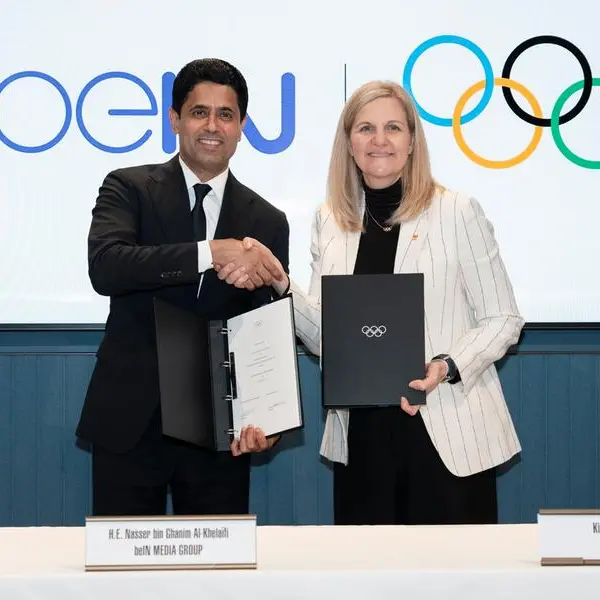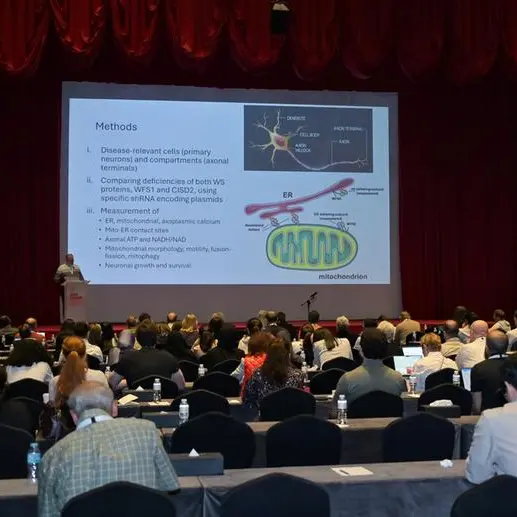
More than half of parents and pregnant women (51 per cent) surveyed for a new WHO/UNICEF report say they have been targeted with marketing from formula milk companies, much of which is in breach of international standards on infant feeding practices.
The report, How marketing of formula milk influences our decisions on infant feeding, draws on interviews with parents, pregnant women and health workers in eight countries. It uncovers systematic and unethical marketing strategies used by the formula milk industry – now worth a staggering US$55 billion – to influence parents’ infant feeding decisions.
The report finds that industry marketing techniques include unregulated and invasive online targeting; sponsored advice networks and helplines; promotions and free gifts; and practices to influence training and recommendations among health workers. The messages that parents and health workers receive are often misleading, scientifically unsubstantiated, and violate the International Code of Marketing of Breast-milk Substitutes (the Code) – a landmark public health agreement passed by the World Health Assembly in 1981 to protect mothers from aggressive marketing practices by the baby food industry.
“This report shows very clearly that formula milk marketing remains unacceptably pervasive, misleading and aggressive,” said Dr. Tedros Adhanom Ghebreyesus, WHO Director-General. “Regulations on exploitative marketing must be urgently adopted and enforced to protect children’s health.”
According to the report – which surveyed 8,500 parents and pregnant women, and 300 health workers in cities across Bangladesh, China, Mexico, Morocco, Nigeria, South Africa, the United Kingdom and Viet Nam – exposure to formula milk marketing reaches 84 per cent of all women surveyed in the United Kingdom; 92 per cent of women surveyed in Viet Nam and 97 per cent of women surveyed in China, increasing their likelihood of choosing formula feeding.
“False and misleading messages about formula feeding are a substantial barrier to breastfeeding, which we know is best for babies and mothers,” said UNICEF Executive Director Catherine Russell. “We need robust policies, legislation and investments in breastfeeding to ensure that women are protected from unethical marketing practices -- and have access to the information and support they need to raise their families.”
Across all countries included in the survey, women expressed a strong desire to breastfeed exclusively, ranging from 49 per cent of women in Morocco to 98 per cent in Bangladesh. Yet the report details how a sustained flow of misleading marketing messages is reinforcing myths about breastfeeding and breast-milk, and undermining women’s confidence in their ability to breastfeed successfully. These myths include the necessity of formula in the first days after birth, the inadequacy of breast-milk for infant nutrition, that specific infant formula ingredients are proven to improve child development or immunity, the perception that formula keeps infants fuller for longer, and that the quality of breast-milk declines with time.
Breastfeeding within the first hour of birth, followed by exclusive breastfeeding for six months and continued breastfeeding for up to two years or beyond, offers a powerful line of defense against all forms of child malnutrition, including wasting and obesity. Breastfeeding also acts as babies’ first vaccine, protecting them against many common childhood illnesses. It also reduces women’s future risk of diabetes, obesity and some forms of cancer. Yet globally, only 44 per cent of babies less than 6 months old are exclusively breastfed. Global breastfeeding rates have increased very little in the past two decades, while sales of formula milk have more than doubled in roughly the same time.
Alarmingly, the report notes that large numbers of health workers in all countries had been approached by the baby feeding industry to influence their recommendations to new mothers through promotional gifts, free samples, funding for research, paid meetings, events and conferences, and even commissions from sales, directly impacting parents’ feeding choices. More than one third of women surveyed said a health worker had recommended a specific brand of formula to them.
To address these challenges, WHO, UNICEF and partners are calling on governments, health workers, and the baby food industry to end exploitative formula milk marketing and fully implement and abide by the Code requirements. This includes:
- Passing, monitoring and enforcing laws to prevent the promotion of formula milk, in line with the International Code, including prohibiting nutrition and health claims made by the formula milk industry.
- Investing in policies and programmes to support breastfeeding, including adequate paid parental leave in line with international standards, and ensuring high quality breastfeeding support.
- Requesting industry to publicly commit to full compliance with the Code and subsequent World Health Assembly resolutions globally.
- Banning health workers from accepting sponsorship from companies that market foods for infants and young children for scholarships, awards, grants, meetings, or events.
© Press Release 2021
Disclaimer: The contents of this press release was provided from an external third party provider. This website is not responsible for, and does not control, such external content. This content is provided on an “as is” and “as available” basis and has not been edited in any way. Neither this website nor our affiliates guarantee the accuracy of or endorse the views or opinions expressed in this press release.
The press release is provided for informational purposes only. The content does not provide tax, legal or investment advice or opinion regarding the suitability, value or profitability of any particular security, portfolio or investment strategy. Neither this website nor our affiliates shall be liable for any errors or inaccuracies in the content, or for any actions taken by you in reliance thereon. You expressly agree that your use of the information within this article is at your sole risk.
To the fullest extent permitted by applicable law, this website, its parent company, its subsidiaries, its affiliates and the respective shareholders, directors, officers, employees, agents, advertisers, content providers and licensors will not be liable (jointly or severally) to you for any direct, indirect, consequential, special, incidental, punitive or exemplary damages, including without limitation, lost profits, lost savings and lost revenues, whether in negligence, tort, contract or any other theory of liability, even if the parties have been advised of the possibility or could have foreseen any such damages.


















